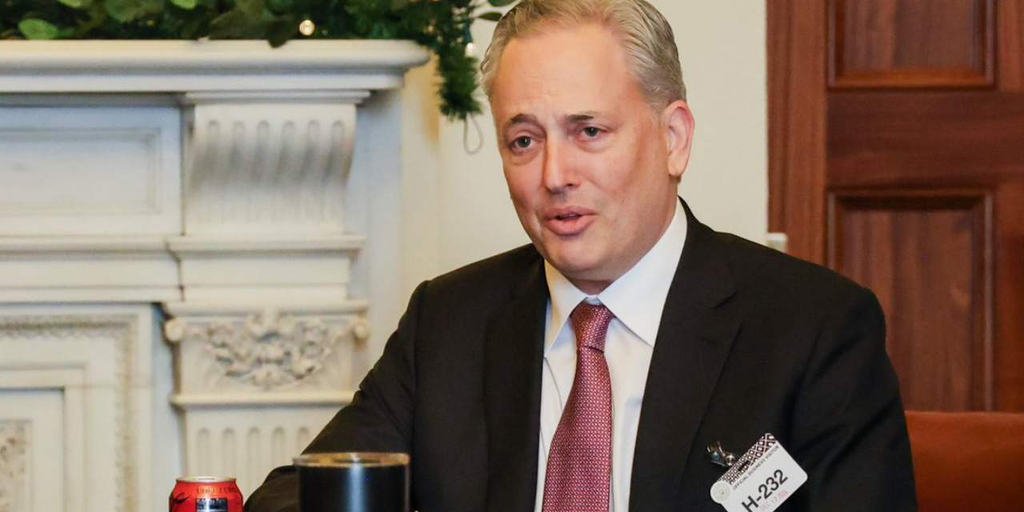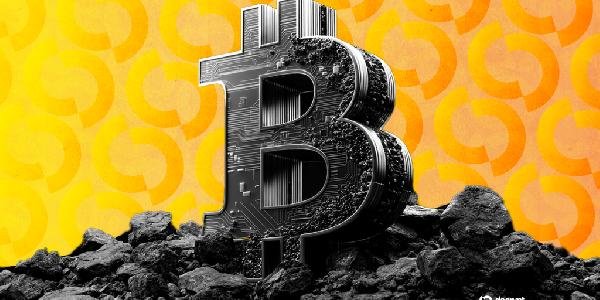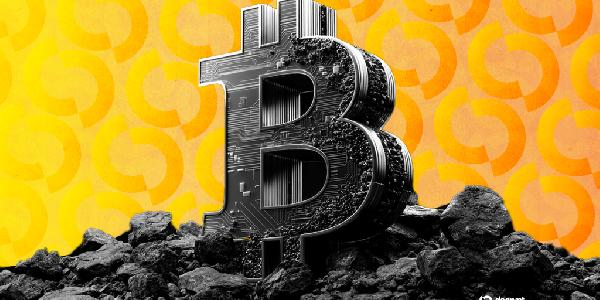David Sacks, the White House’s AI and crypto czar, flaunted the Trump administration’s aggressive push to reshape U.S. crypto policy on Tuesday, including reversing years of perceived regulatory hostility and delivering on campaign promises within the first 100 days.
During an interview with Gemini co-founders Cameron and Tyler Winklevoss at the Bitcoin 2025 conference in Las Vegas, Sacks pointed to the largely pro-Bitcoin actions Trump has taken since assuming office.
Those measures include the establishment of a Strategic Digital Asset Reserve, suggesting that the government could purchase more.
“If it can be done in a budget-neutral way—specifically, if either the Commerce Department or the Treasury Department can figure out how to fund it without adding to the debt—then they are allowed to create those programs,” Sacks said.
Despite the executive order stating that the reserve would be funded by Bitcoin already owned by the U.S. Department of the Treasury, which was forfeited as part of criminal or civil asset forfeiture proceedings, according to Sacks, the executive order establishing the strategic Bitcoin Reserve does allow the government to purchase more Bitcoin.
“So if we can convince Howard Lutnick, who‘s Commerce Secretary, or Scott Besson, who‘s the Treasury Secretary, to buy some, and they can figure out how to fund it—without a new tax or adding to the debt, maybe by finding the money from some other program that‘s not using it—then we could potentially acquire more Bitcoin,” he said.
Detailing a whirlwind start to the administration’s crypto agenda, Sacks also highlighted several other key actions taken within the first days of President Trump’s term.
“On the President‘s first full day in office, he pardoned Ross Ulbricht. Two days later, he signed a week-one executive order to promote U.S. leadership in digital assets,” Sacks said. “That order prohibited CBDCs, ended Operation Choke Point 2.0, and created the President’s Working Group on digital assets.”
In addition to listing pro-Bitcoin policy, Sacks said the most satisfying moves yet targeted what he described as the crypto industry‘s most aggressive adversary, Senator Elizabeth Warren (D-MA).
“My personal favorite is that the administration defunded the CFPB, which is Elizabeth Warren’s personal regulatory agency... her personal goon squad to terrorize crypto companies,” he said. “The stablecoin bill and the Genius Act are about to pass, and a market structure bill likely will follow before August to enshrine new rules into law, ensuring a future Gary Gensler can’t unwind them.”
Calling Bitcoin the financial system of the future, the conversation turned to the critical role of energy infrastructure in powering both AI and crypto innovation.
"One of the common denominators between AI and Bitcoin is that you need energy. You need power," Sacks told the audience. "You need electricity to power GPUs for AI data centers, and you need it for Bitcoin ASICs to generate hash power."
To bolster the nation‘s leadership in emerging technologies, Sacks called for a major expansion of U.S. energy production to meet the growing demands of both AI and crypto.
“This is something we definitely need to do more of in the United States. We need a lot more power to fuel the future of AI and crypto,” he said. “I think the President definitely got us off on the right foot with ‘drill, baby, drill.‘ He clearly wants to unleash oil and gas production in the U.S., and that’s a huge part of it.”
Looking ahead, Sacks expressed optimism about the momentum already underway in crypto regulation and the potential for lasting impact.
“I mean, we‘re only what, like, we‘re basically four months in, so we still have, you know, over three and a half years,” he said. “So I think just what we can accomplish over the next few years is going to be really incredible.”
“What all of you guys are going to accomplish with Bitcoin is going to be incredible–to the moon,” he said.
Edited by Sebastian Sinclair
Your Email








